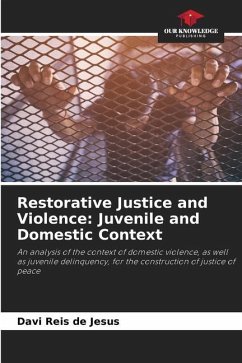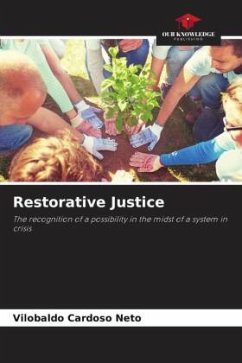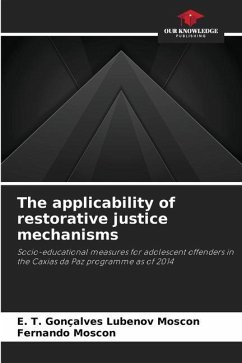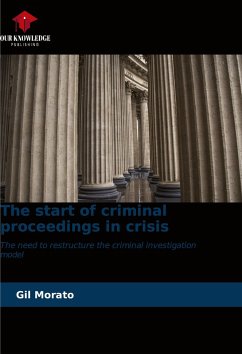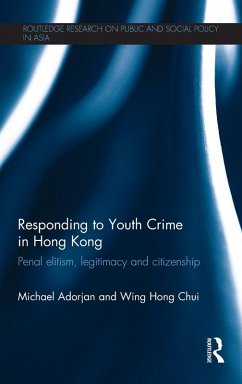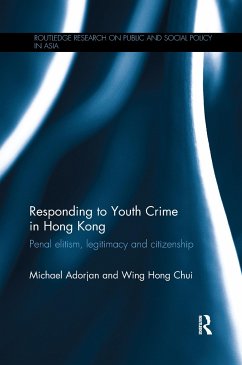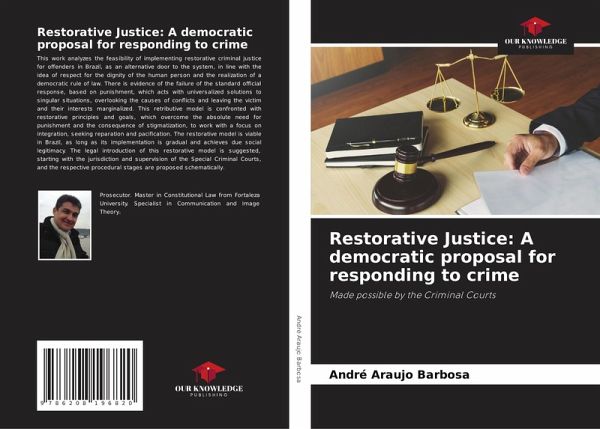
Restorative Justice: A democratic proposal for responding to crime
Made possible by the Criminal Courts
Versandkostenfrei!
Versandfertig in 6-10 Tagen
51,99 €
inkl. MwSt.

PAYBACK Punkte
26 °P sammeln!
This work analyzes the feasibility of implementing restorative criminal justice for offenders in Brazil, as an alternative door to the system, in line with the idea of respect for the dignity of the human person and the realization of a democratic rule of law. There is evidence of the failure of the standard official response, based on punishment, which acts with universalized solutions to singular situations, overlooking the causes of conflicts and leaving the victim and their interests marginalized. This retributive model is confronted with restorative principles and goals, which overcome th...
This work analyzes the feasibility of implementing restorative criminal justice for offenders in Brazil, as an alternative door to the system, in line with the idea of respect for the dignity of the human person and the realization of a democratic rule of law. There is evidence of the failure of the standard official response, based on punishment, which acts with universalized solutions to singular situations, overlooking the causes of conflicts and leaving the victim and their interests marginalized. This retributive model is confronted with restorative principles and goals, which overcome the absolute need for punishment and the consequence of stigmatization, to work with a focus on integration, seeking reparation and pacification. The restorative model is viable in Brazil, as long as its implementation is gradual and achieves due social legitimacy. The legal introduction of this restorative model is suggested, starting with the jurisdiction and supervision of the Special Criminal Courts, and the respective procedural stages are proposed schematically.





